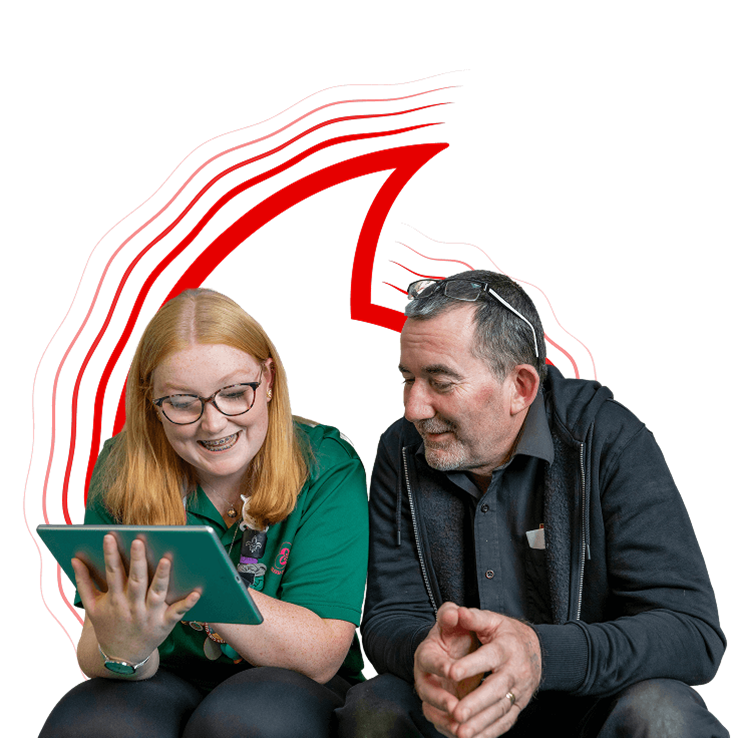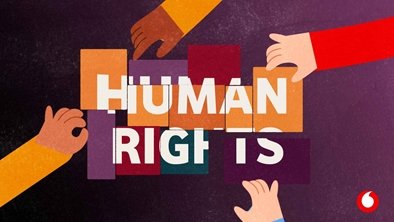
Protecting workers
The health, safety and wellbeing of our workforce is paramount. Through continuous training and robust policies, practices and risk management, we ensure a culture of protection for all our colleagues, contractors and partners.

Our commitment to society
Vodafone aims to protect and progress social goals everywhere we operate. We strive tirelessly to keep societies safe and thriving, including through championing human rights, zero tolerance for corruption, and protecting health for customers and communities.

Driving supply chain integrity
Our refreshed purchasing ethics code sets the robust standards we expect of suppliers, including on human rights, labour practices, the environment, and anti-corruption. All vendors we work with, including their onward supply chains, must fully comply with the code.


























